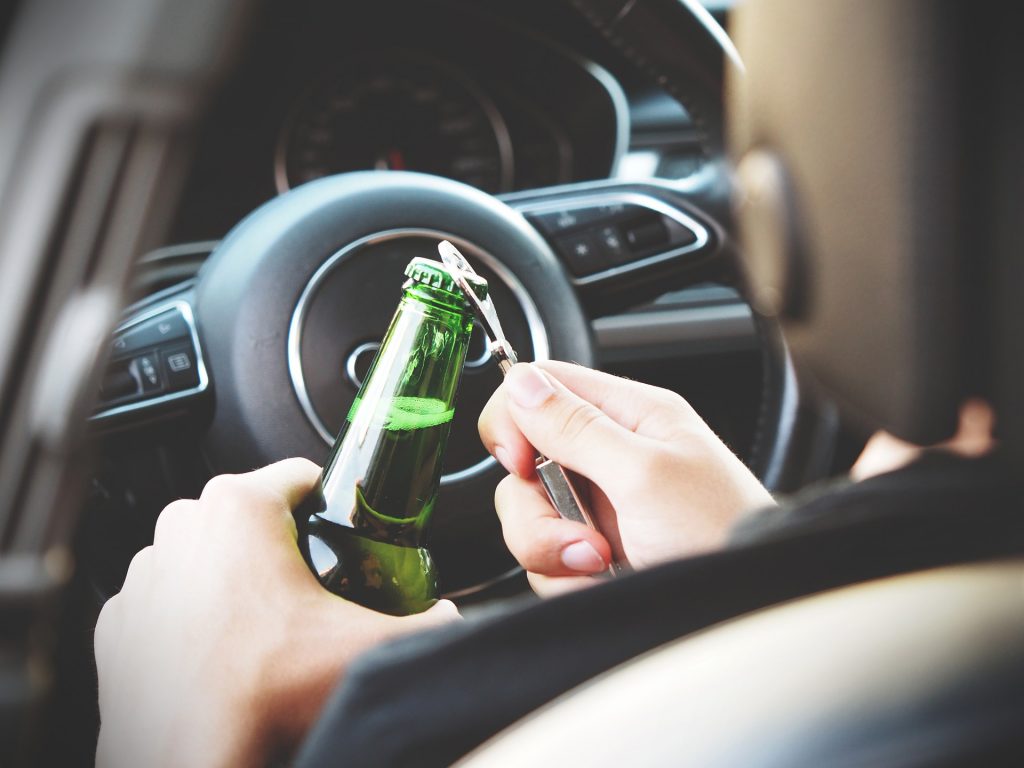What is High Range PCA?
A High Range PCA (Prescribed Content of Alcohol) offence is committed when a person drives with a blood alcohol concentration of 0.15 or above.
What are the penalties for a High Range PCA?
Given the serious nature of the offence, the penalties for High Range PCA can be severe, even for a first offender. The maximum penalties differ based upon if you have committed a ‘Second major offence’ within a 5 year period. These include:
- Another PCA Offence (Drink Driving);
- Presence of certain drugs (other than alcohol) in oral fluid, blood or urine
- Use or attempted use of a vehicle under the influence of alcohol or any other drug
- Negligent, furious or reckless driving
- Negligent Driving (occasioning death or grievous bodily harm);
- Menacing driving
First Offence
| Maximum fine | $3,300 |
| Minimum disqualification under Interlock | 6 months |
| Maximum disqualification under Interlock | 9 months |
| Interlock Period | 2 years |
| Maximum prison sentence | 18 months |
‘Second and Subsequent’ Offence
| Maximum fine | $5,500 |
| Minimum disqualification under Interlock | 9 months |
| Maximum disqualification under Interlock | 12 months |
| Interlock period | 4 years |
| Maximum prison sentence | 2 years |
Factors a Court will consider when imposing a Sentence for a High Range PCA
The NSW Court of Criminal Appeal has handed down a guideline judgment for offenders found guilty of High Range PCA, which includes a description of the “ordinary case” of an offender who has committed this type of offence.
An ‘ordinary case’ is one where:
- the offender drove to avoid personal inconvenience or because the offender did not believe that he or she was sufficiently affected by alcohol;
- the offender was detected by a random breath test;
- the offender has prior good character;
- the offender has nil, or a minor, traffic record;
- the offender’s licence was suspended on detection;
- the offender pleaded guilty;
- there is little or no risk of re-offending;
- the offender would be significantly inconvenienced by the loss of licence.
The moral culpability of a high range PCA will, however, be increased by the following:
- the degree of intoxication above 0.15;
- erratic or aggressive driving;
- a collision between the vehicle and any other object;
- competitive driving or showing off;
- the length of the journey at which others are exposed to risk;
- the number of persons actually put at risk by the driving.
In addition to this, where an offender has committed a second or subsequent high range PCA offence and where any number of aggravating factors are present to a significant degree or where the prior offence is a high range PCA offence, a sentence of less severity than full-time imprisonment would generally be inappropriate.
Key Takeaways
- High Range PCA offenses involve driving with a blood alcohol concentration of 0.15 or above.
- Penalties are severe, including fines, mandatory disqualification, and possible imprisonment, with stricter penalties for repeat offenses.
- Factors influencing sentencing include the level of intoxication, driving behavior, and any collisions.
- The Interlock program is mandatory for High Range PCA offenders, requiring a device in their car to prevent driving under the influence.
The Interlock program
If you are convicted of a High Range PCA, you must participate in the Interlock program. After your disqualification period has ended, a device will be fitted to your car which you will be required to blow into before you turn on the ignition. More information can be found in our blog.
If you or someone you know has been charged with or awaiting sentence for, a PCA offence, you can contact the team at Hamilton Janke Lawyers 24/7 by calling 4038 1666.
Written By

James Janke
James Janke is founding partner at Hamilton Janke Lawyers, and has more then decade of experience as a Criminal Defence Lawyer. Admitted to both the Supreme Court of New South Wales and High Court of Australia




